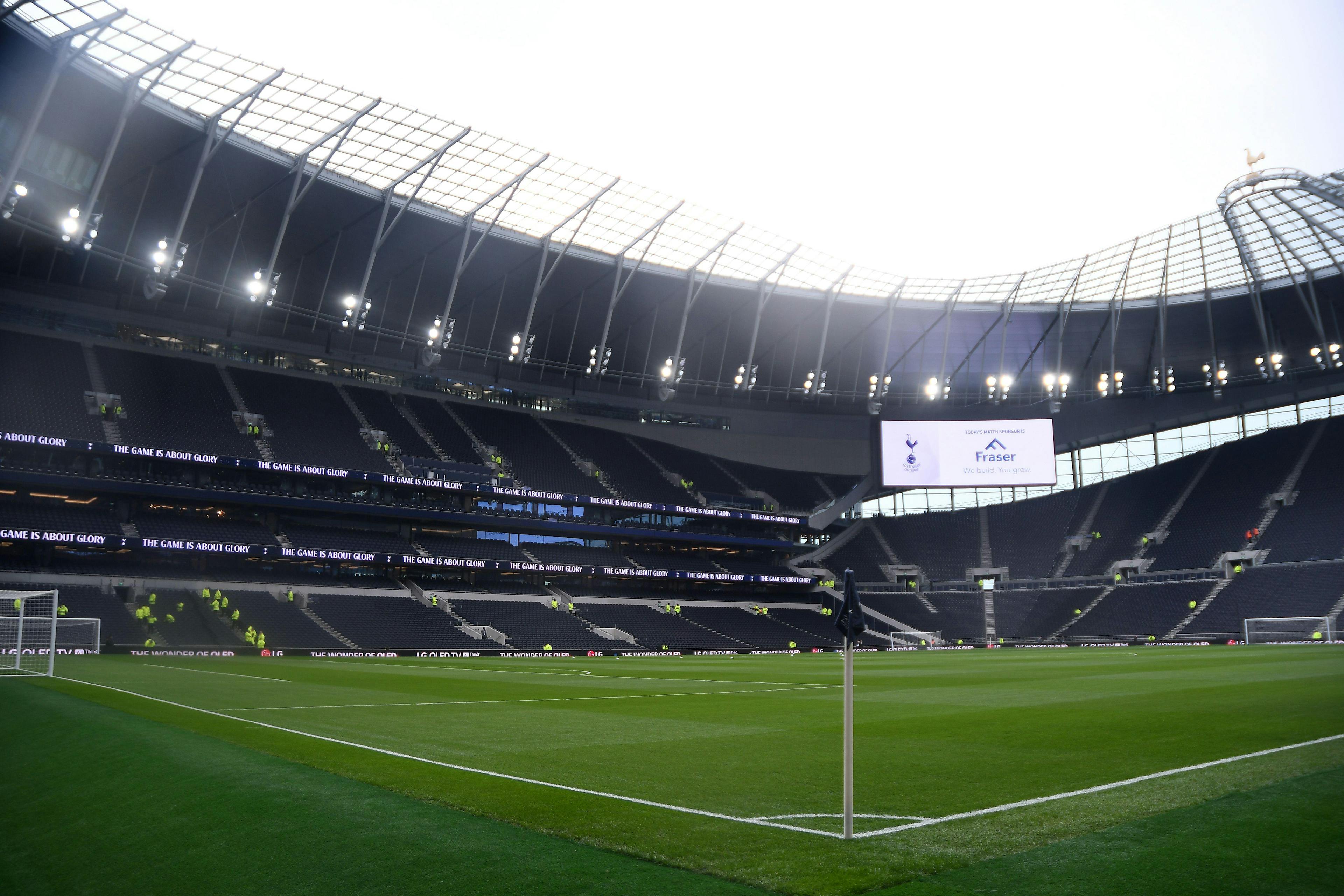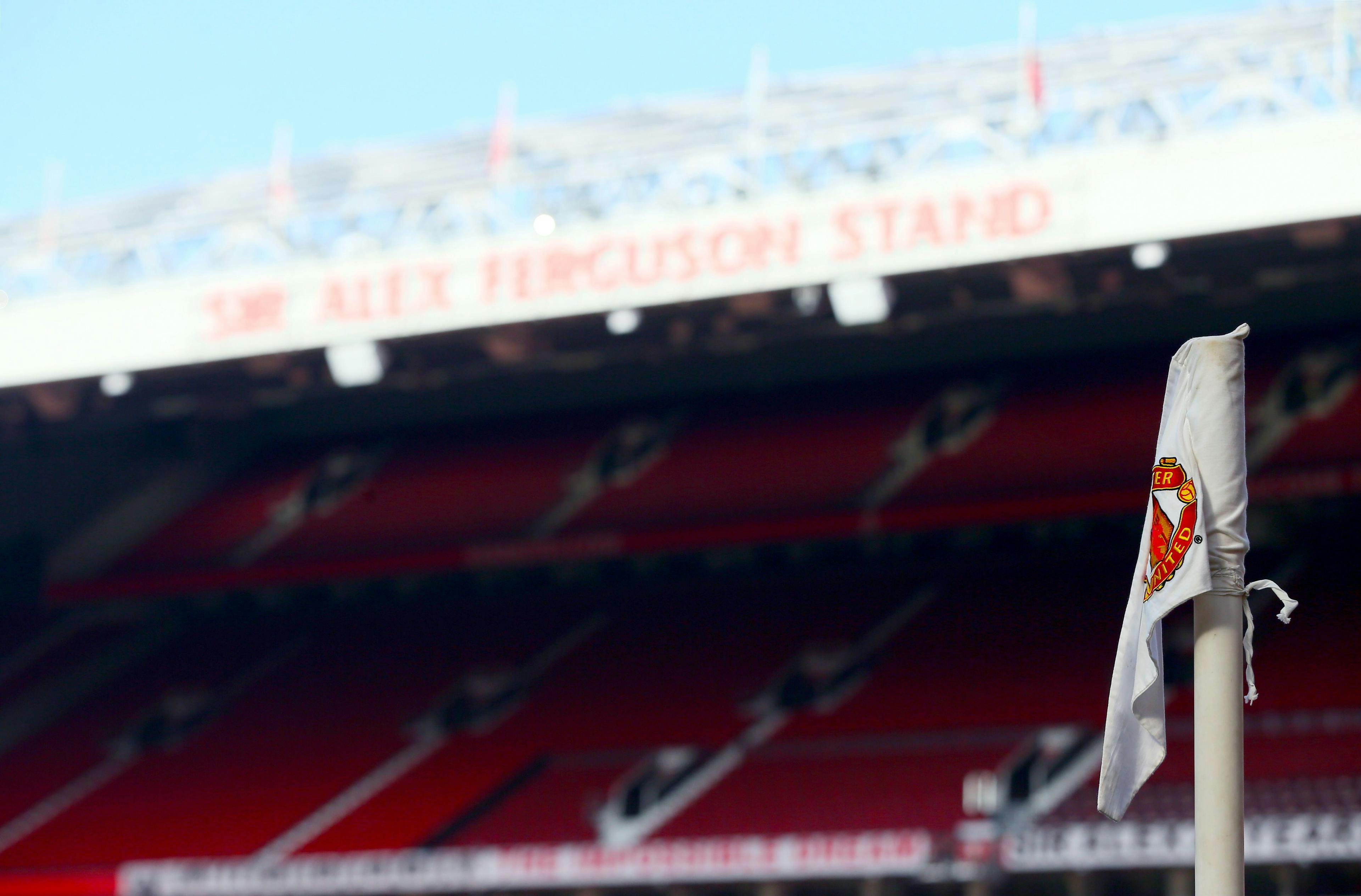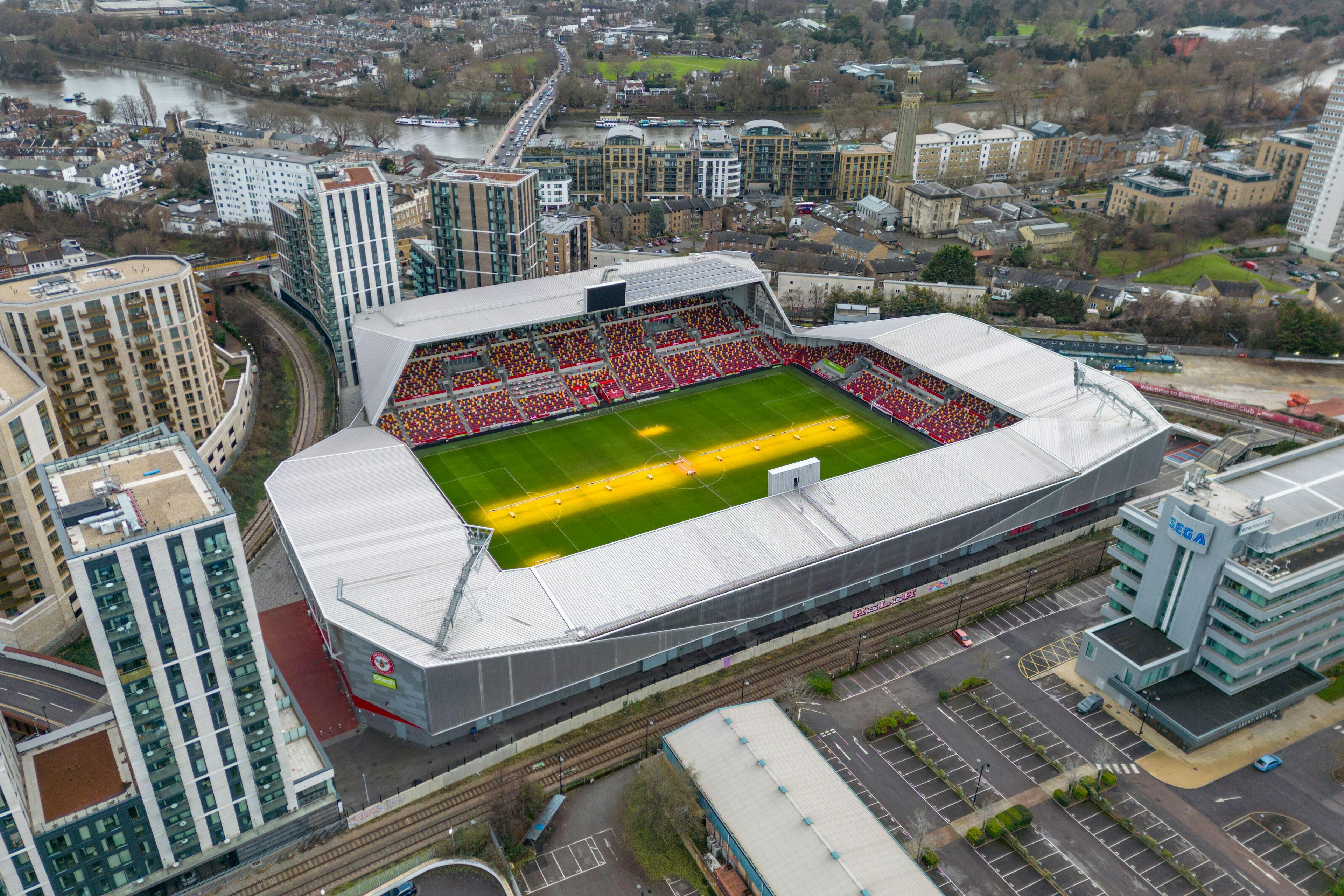Stay up-to-date with all the latest football news. We cover transfers, analysis, betting statistics, and much more.
Bet Slip
Football News & Betting
Latest Football News
Latest News

Tottenham vs Liverpool: 62/1 Mega Bet Builder Tip
Tottenham’s meeting with Liverpool on Saturday comes at a point in the season where both clubs are trying to steady themselves rather than make statements. Recent results have carr...

Aston Villa vs Manchester United: 58/1 Mega Bet Builder Tip 21/12/2025

Newcastle vs Chelsea: 51/1 Mega Bet Builder Tip 20/12/2025

Swansea vs Wrexham: 57/1 Mega Bet Builder Tip 19/12/2025

Man City vs Brentford: 59/1 Bet Builder Tip & Best Predictions 17/12/2025

Newcastle vs Fulham: 51/1 Bet Builder Tip & Best Predictions 17/12/2025

Cardiff City vs Chelsea: 69/1 Bet Builder Tip & Best Predictions 16/12/2025

Manchester United vs Bournemouth: 45/1 Mega Bet Builder Tip 15/12/2025

Brentford vs Leeds: 54/1 Mega Bet Builder Tip 14/12/2025
